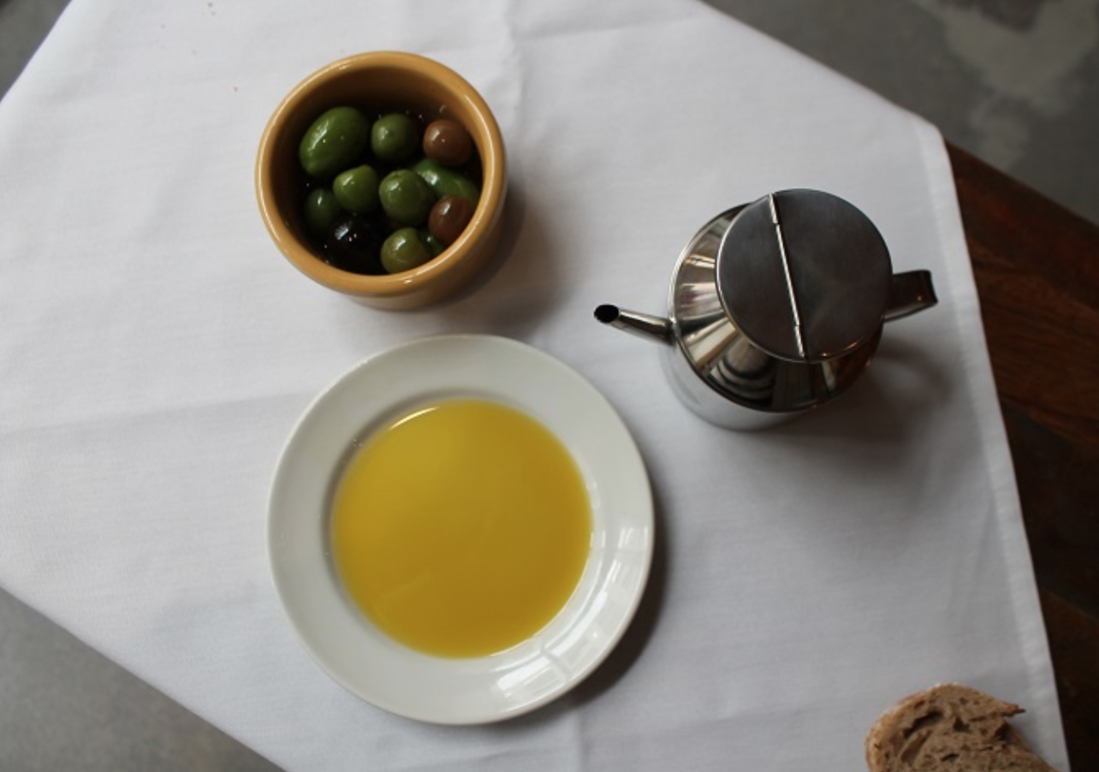What makes olive oil 'extra virgin'?
Extra virgin olive oil is the highest grade of olive oil you can get. To be considered “extra virgin,” European law stipulates that it must be made in a certain way and have certain characteristics.
PRESSING
Extra virgin olive oil must be made exclusively from the first, cold press. It can be pressed only by mechanical methods of separation (no chemicals), such as a hydraulic press or a centrifuge.
CHEMICAL-FREE
Extra virgin olive oil cannot contain any chemical substances. It must be 100% pure olive "juice." This is, in part, what makes extra virgin olive oil one of the healthiest oils out there.
ACIDITY
Before bottling, the oil is tested for acidity. In order to pass the test, it must have an acidity level lower than 0.8%, although many high-quality olive oils from Italy have an even lower acidity level (some as low as .1%)! For comparison, non-extra virgin olive oils can have acidity levels anywhere between 0.8 and 2%. Acidity greatly affects the flavor of the end product, so this is a crucial aspect of the testing phase.
NO DEFECTS
There are three main enemies of extra virgin olive oil: light, heat, and oxygen. Any of these factors could affect the olive oil during production (and post-production), causing it to have some kind of sensorial defects. For this reason, the olive oil is tested first to make sure nothing is off before it's bottled and labeled "extra virgin."
A HIGHER STANDARD
It's worth noting that there are also private organizations, such as the Consorzio Extravergine di Qualità (Consortium of Quality Extra Virgin Olive Oil), that guarantee even higher standards. The CEQ's goal is to protect and guarantee quality by supporting initiatives and programs which advance research, create a higher quality product, and provide accurate information about extra virgin olive oil.
A CEQ-certified extra virgin olive oil must have an acidity level of less than 0.3% acidity level and meet various sensory and production standards. You can learn more about the CEQ guidelines here!


































i-Italy
Facebook
Google+
This work may not be reproduced, in whole or in part, without prior written permission.
Questo lavoro non può essere riprodotto, in tutto o in parte, senza permesso scritto.